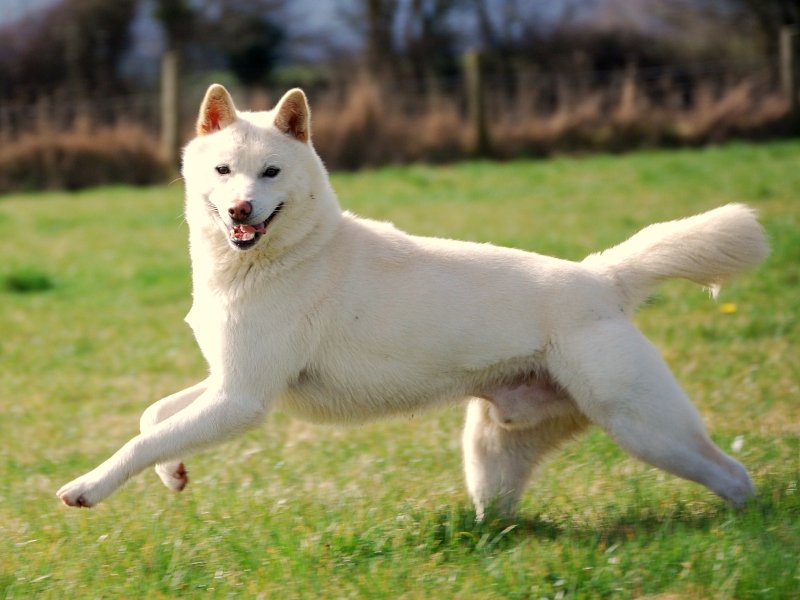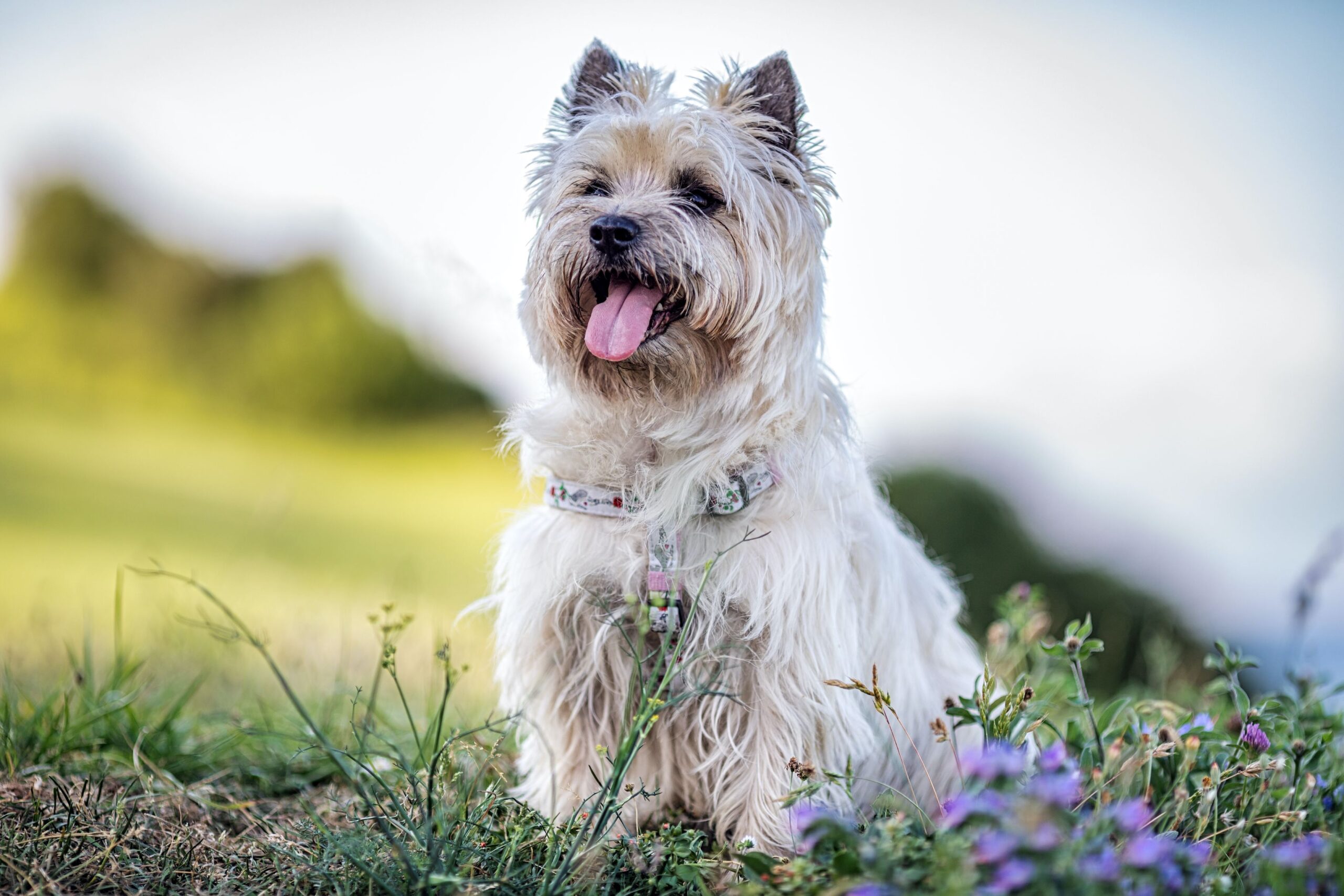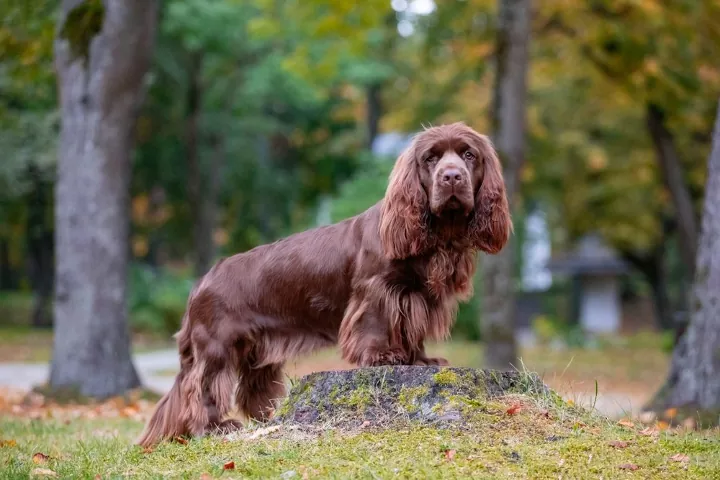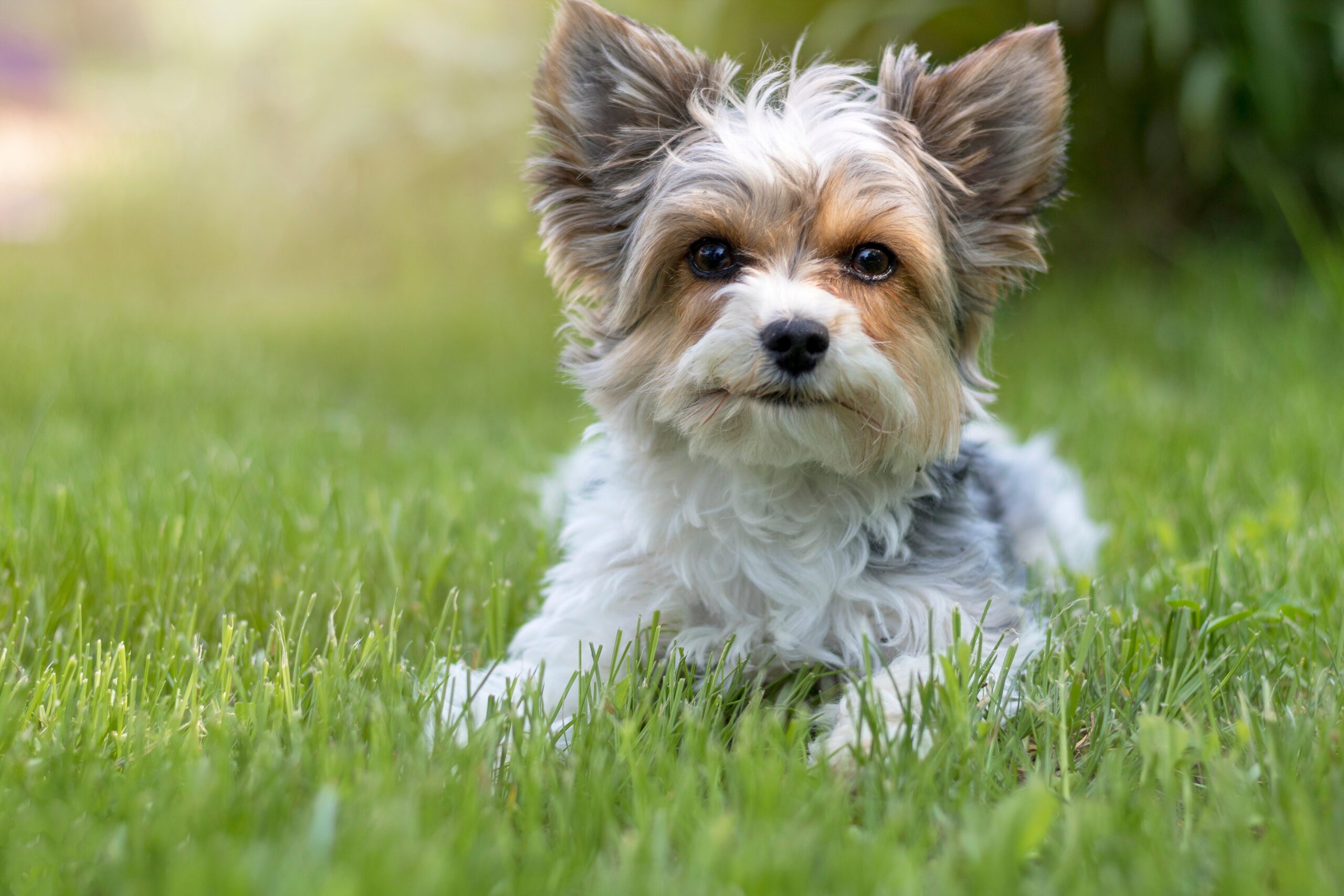Introduction
The German Longhaired Pointer is a versatile hunting breed known for its excellent tracking and retrieving abilities. Originally developed in Germany in the 19th century, these dogs are highly trainable, intelligent, and make loyal companions for active owners who enjoy outdoor activities such as hiking, hunting, and tracking. With their thick, flowing coat and muscular build, German Longhaired Pointers are both athletic and elegant in appearance. They thrive on exercise and mental stimulation, making them a great choice for experienced dog owners who are willing to invest time and effort into training and providing for their pet’s needs.
German longhaired pointer Temperament

This breed is known for its friendly, gentle, and loyal personality. They are intelligent dogs that are eager to please their owners, making them easy to train. They are also active and energetic, with a strong hunting drive, making them a great choice for hunting and outdoor activities. They have a strong bond with their family and can be protective of their loved ones. Additionally, they are social dogs that enjoy spending time with their family and are good with children and other pets if socialized properly.
Aggression
The German Longhaired Pointer can exhibit aggressive behavior if not properly trained, socialized, and cared for. However, aggressive behavior is not common in this breed and is more likely to be the result of inadequate training or mistreatment. It’s important to socialize your German Longhaired Pointer from a young age and provide them with plenty of opportunities for exercise and mental stimulation.
Health and Lifespan of German longhaired pointer
The reported lifespan range of German Longhaired Pointer is between 12 to 14 years.
Food
The best food for a German Longhaired Pointer is one that meets their nutritional needs and supports their active lifestyle. High-quality dog food that contains protein, complex carbohydrates, healthy fats, and essential vitamins and minerals is essential. Additionally, it’s important to choose a dog food that is appropriate for your dog’s age, size, and activity level. Some of them may have specific dietary requirements or sensitivities, so it’s best to consult with your veterinarian to determine the most appropriate food for your dog.
Training for German longhaired pointer
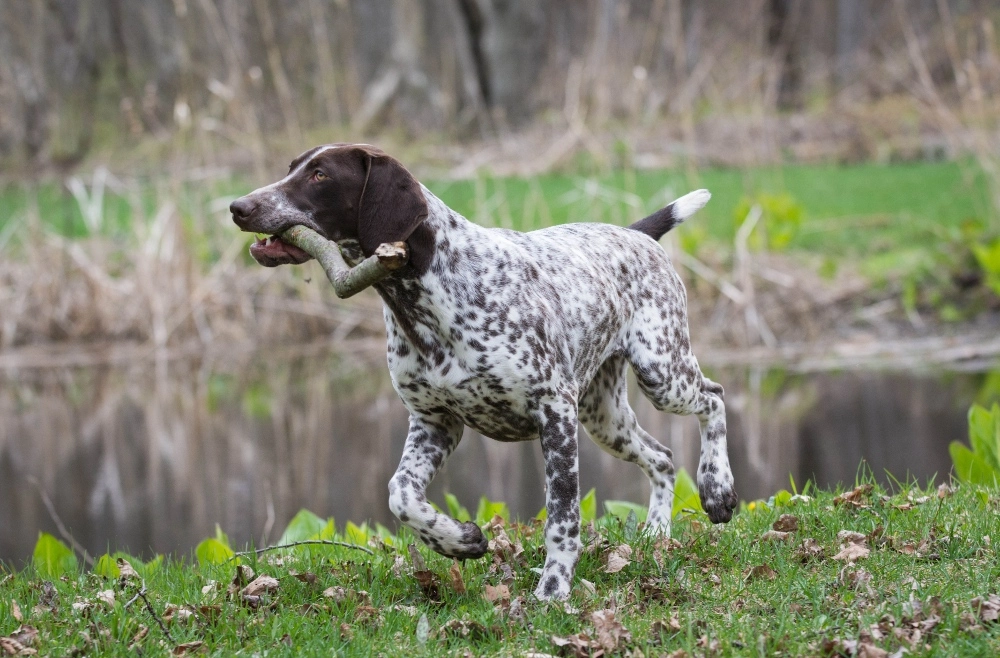
This is an intelligent and trainable breed that requires consistent and positive training methods. Early socialization is important to prevent any shyness or aggression towards unfamiliar people or animals. Positive reinforcement techniques such as treats, praise, and playtime are effective in training this breed. They respond well to training that involves retrieving, tracking, and hunting exercises. It’s important to remember that this breed has a high prey drive and requires plenty of physical and mental stimulation to prevent destructive behaviors. A training routine that incorporates daily exercise and mental stimulation such as puzzle toys or obedience training can help keep this breed happy and well-behaved.
Conclusion
In conclusion, the German Longhaired Pointer is a loyal and intelligent breed that excels in hunting, agility, and obedience. They are affectionate and playful with their families, but require regular exercise and mental stimulation to keep them happy and healthy. With their striking appearance and excellent temperament, theymakes a great companion for active individuals or families. As with any breed, providing proper training, socialization, and nutrition is essential to ensure a happy and healthy life for your dog.

